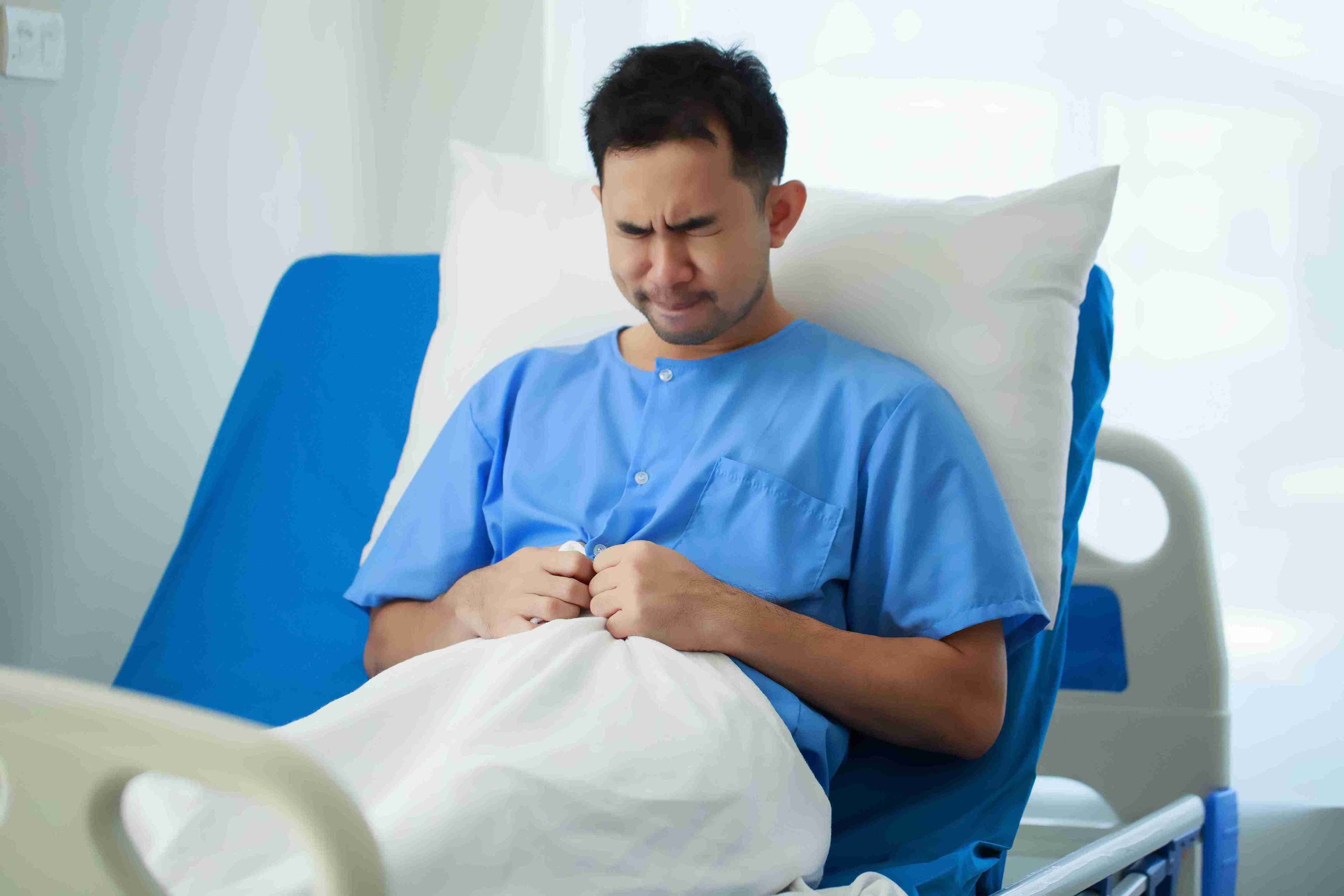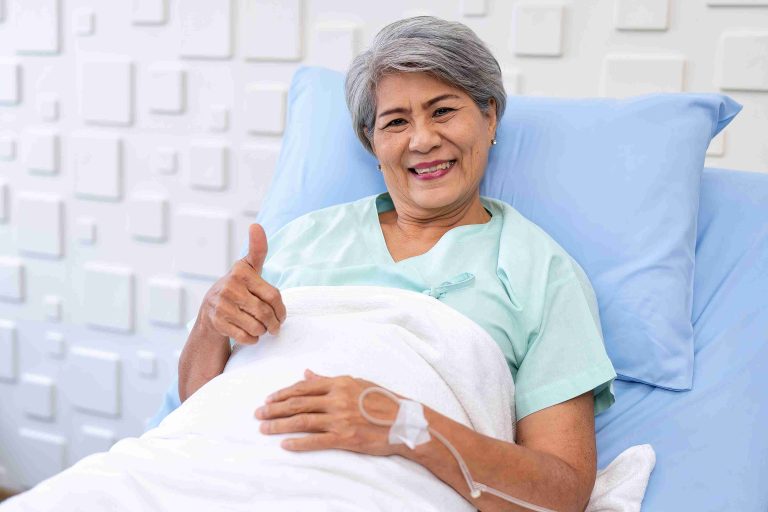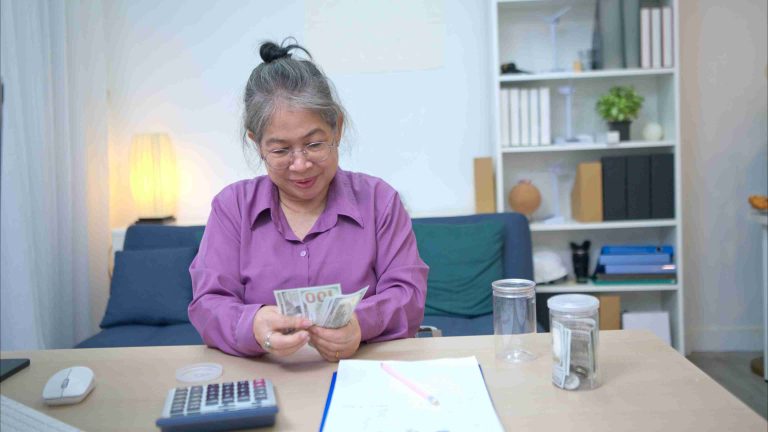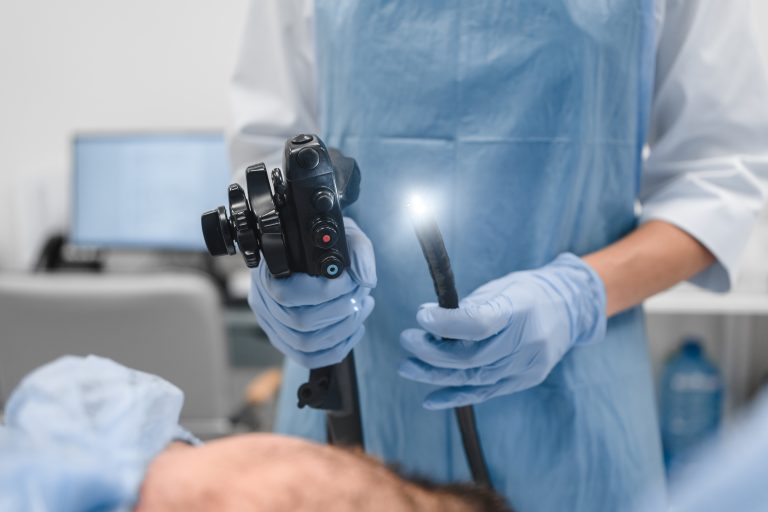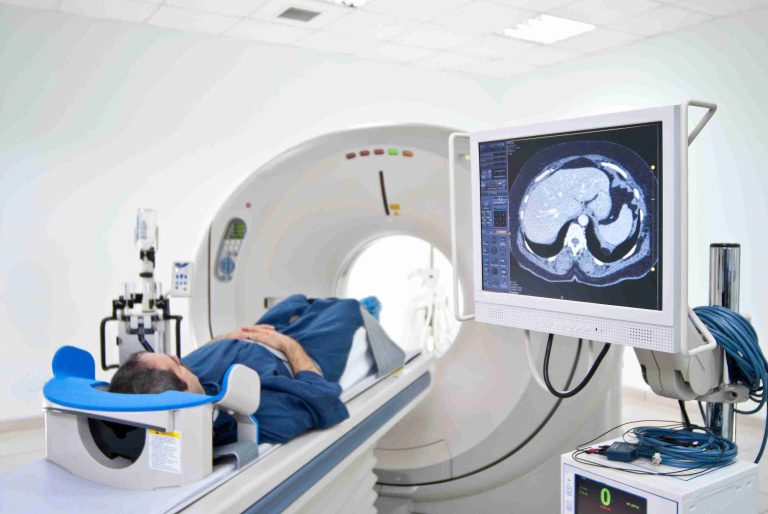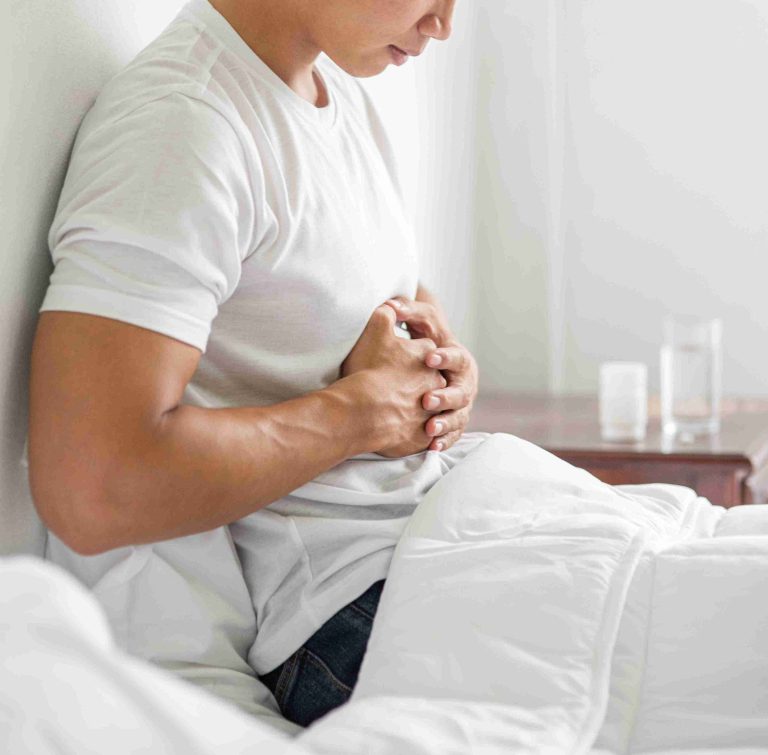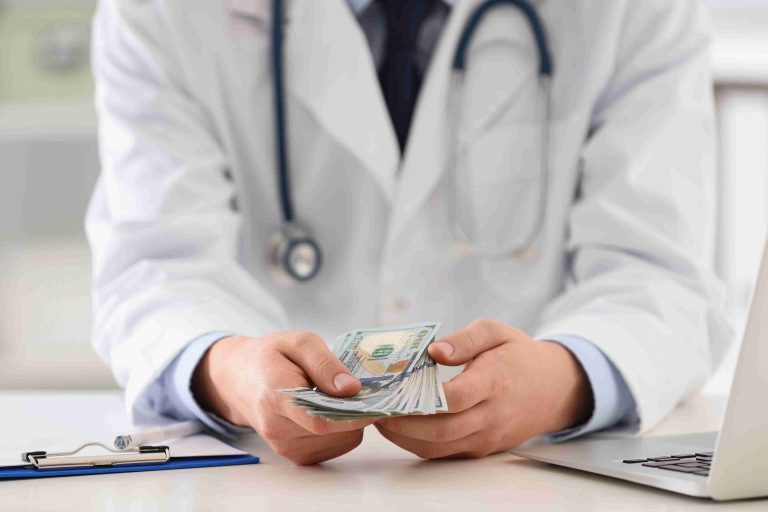Gastric pain is something most people experience at some point in their lives. It’s often caused by common issues like indigestion, gas, or mild gastritis. However, not all gastric pain is harmless. Sometimes, it can be a sign of a more serious or even life-threatening condition that requires immediate medical attention.
Knowing when to treat gastric pain at home and when to seek emergency care can make a critical difference. This article will explore the warning signs that gastric pain may be more than a routine discomfort and help you understand when it’s time to take it seriously.
Understanding Gastric Pain
Gastric pain refers to discomfort or pain in the upper abdomen, often centered around the stomach area. It can range from mild and intermittent to severe and persistent. The pain might feel dull, burning, cramping, or stabbing depending on the cause. Sometimes, gastric pain is associated with other symptoms such as nausea, bloating, or a feeling of fullness.
In many cases, the cause is minor and can be managed with lifestyle changes or over-the-counter medication. But when the pain is sudden, intense, or accompanied by other symptoms, it may be signaling an emergency condition.
When Gastric Pain Should Not Be Ignored
While mild gastric pain is usually nothing to worry about, certain symptoms accompanying it should never be ignored. Severe or sudden pain that comes on quickly and doesn’t go away could indicate a serious issue such as a perforated ulcer or acute pancreatitis. These conditions require immediate medical care.
Pain that radiates to the back, chest, or shoulder may be a sign of more complex internal problems. If your gastric discomfort is accompanied by difficulty breathing, chest tightness, or fainting, it could be a cardiac event rather than a digestive issue.
Gastric pain with vomiting, especially if blood is present, is another red flag. Vomiting blood or passing black, tarry stools may suggest internal bleeding, possibly from a bleeding ulcer or another gastrointestinal emergency.
If you have a high fever, rapid heartbeat, or low blood pressure along with severe gastric pain, this could indicate a systemic infection or internal damage that needs urgent treatment.
Perforated Ulcer
One of the most serious causes of gastric pain is a perforated ulcer. This happens when an untreated stomach ulcer burns through the wall of the stomach or small intestine, creating a hole.
This condition leads to the leakage of stomach contents into the abdominal cavity, causing a dangerous infection called peritonitis. The pain is usually sudden, sharp, and intense, often described as the worst abdominal pain a person has ever felt.
A perforated ulcer is a surgical emergency. Delaying treatment can result in severe infection, sepsis, and death. If you have a history of ulcers and suddenly develop intense gastric pain, seek emergency medical care right away.
Acute Pancreatitis
Acute pancreatitis is inflammation of the pancreas and is another condition where gastric pain signals an emergency. The pain often begins in the upper abdomen and may radiate to the back. It can be accompanied by nausea, vomiting, and fever.
Gallstones and heavy alcohol use are the most common causes of acute pancreatitis. The pain may come on suddenly and worsen after eating, especially foods high in fat.
In severe cases, pancreatitis can lead to organ failure. Hospitalization is required for monitoring, pain control, and treatment of complications. If your gastric pain is severe and accompanied by vomiting or fever, this condition should be ruled out by a healthcare professional.
Gallbladder Attack
A gallbladder attack, or biliary colic, occurs when gallstones block the flow of bile. This can lead to sharp, cramping pain in the upper right or center of the abdomen, which may be mistaken for gastric pain.
The pain often occurs after eating, especially a fatty meal. It may radiate to the back or shoulder and be accompanied by nausea or vomiting.
If the blockage persists, it can lead to inflammation of the gallbladder known as cholecystitis, which is a more serious condition requiring medical treatment. If your gastric pain is on the right side and doesn’t go away after a few hours, seek medical help.
Heart Attack
Although not directly a digestive condition, a heart attack can sometimes mimic gastric pain. The pain may feel like indigestion, pressure, or fullness in the upper abdomen.
Women are more likely to experience gastric-like symptoms during a heart attack, including nausea, vomiting, and abdominal discomfort instead of the classic chest pain. If your gastric pain is associated with shortness of breath, sweating, dizziness, or pain radiating to the jaw or arm, it’s important to consider a cardiac cause and call emergency services.
Intestinal Obstruction
A bowel obstruction occurs when the intestines are partially or completely blocked, preventing the passage of food or liquid. This can cause cramping gastric pain, bloating, nausea, and vomiting.
Pain from an obstruction may come and go at first, but eventually becomes constant. Inability to pass gas or stool is another concerning symptom. This condition requires prompt evaluation and often hospitalization. In severe cases, surgery may be needed to remove the blockage and prevent tissue death in the intestines.
Gastric Pain in Children and Older Adults
In children, severe gastric pain may be a symptom of appendicitis, intestinal blockage, or infection. Since young children may struggle to describe their symptoms clearly, parents should look for signs such as lethargy, fever, vomiting, or a swollen belly.
Older adults may also present differently. They might not have severe pain but instead show signs of confusion, weakness, or appetite loss. Gastric pain in seniors should always be taken seriously, especially if other health conditions are present.
Other Emergency Signs to Watch For
While some conditions present with textbook symptoms, others can be more subtle. Here are a few signs that suggest your gastric pain could indicate a medical emergency:
- Pain that is progressively worsening over hours or days
- Pain accompanied by swelling or a hard abdomen
- Sudden weight loss along with pain
- Fainting, dizziness, or signs of dehydration
- Pain that is not relieved by antacids or other typical remedies
These signs suggest that simple indigestion is not the cause. Medical evaluation, often including imaging or lab tests, is needed to determine the source and appropriate treatment.
When to Seek Emergency Care
If you are ever unsure whether your gastric pain is serious, it is safer to seek medical help than to wait. Emergency rooms are equipped to diagnose and manage a wide range of abdominal conditions.
Delaying treatment can lead to complications that are harder to manage later. It’s especially important for people with pre-existing conditions, such as diabetes or heart disease, to act quickly if severe gastric pain occurs.
Calling emergency services is appropriate if you are experiencing unrelenting abdominal pain, are unable to keep fluids down, or have symptoms of a heart attack or internal bleeding.
Conclusion
Gastric pain is a common symptom with many possible causes. While most cases are mild and manageable, some instances require immediate medical intervention. Being aware of the warning signs that gastric pain signals an emergency condition can help you make timely decisions and potentially save your life.
Understanding the seriousness of symptoms like sudden severe pain, vomiting blood, difficulty breathing, or fainting can guide you to seek care when it’s most needed. When in doubt, don’t ignore your body’s signals. Timely attention to gastric pain can prevent complications and ensure the best possible outcome.
